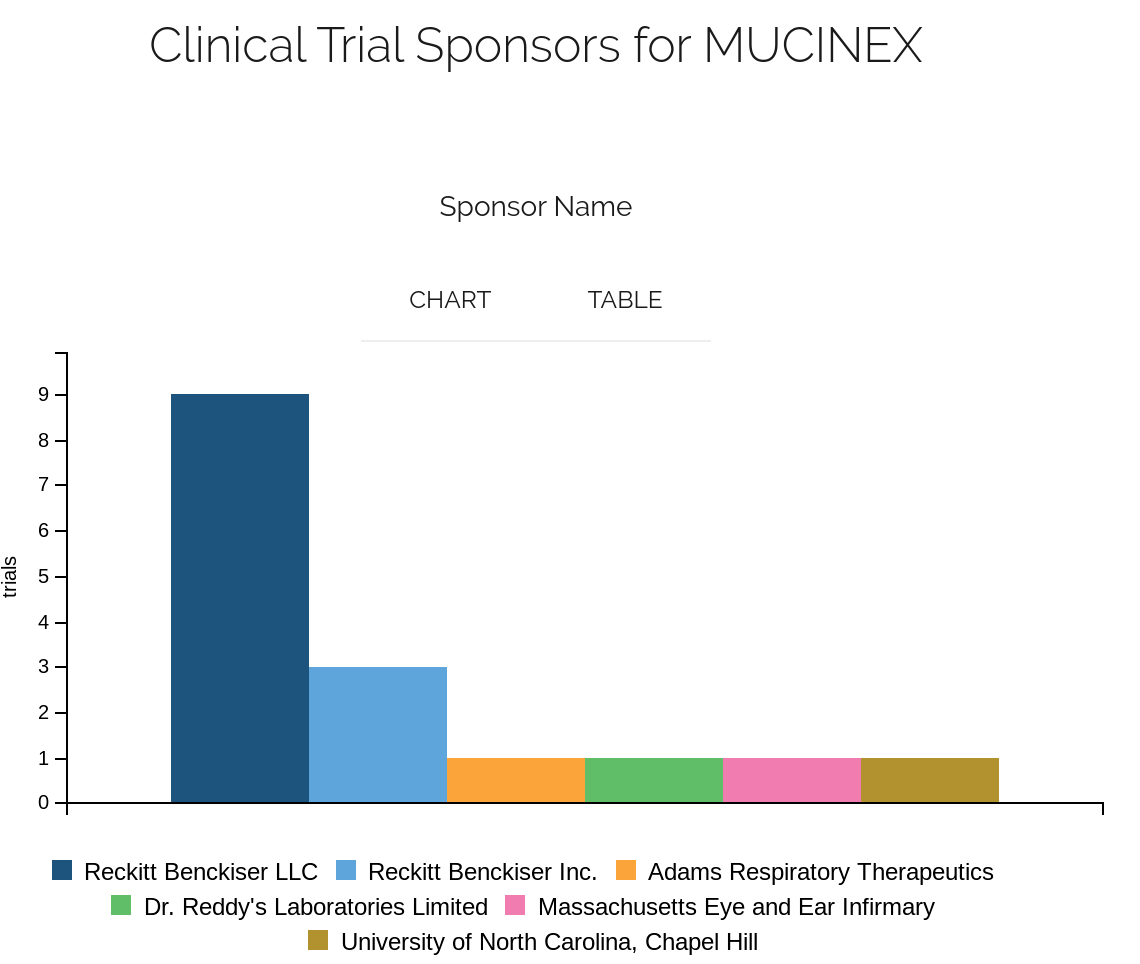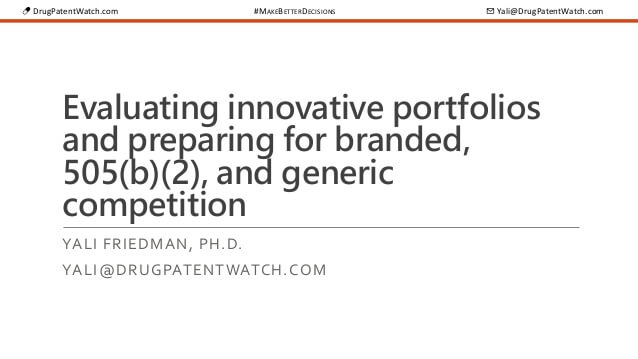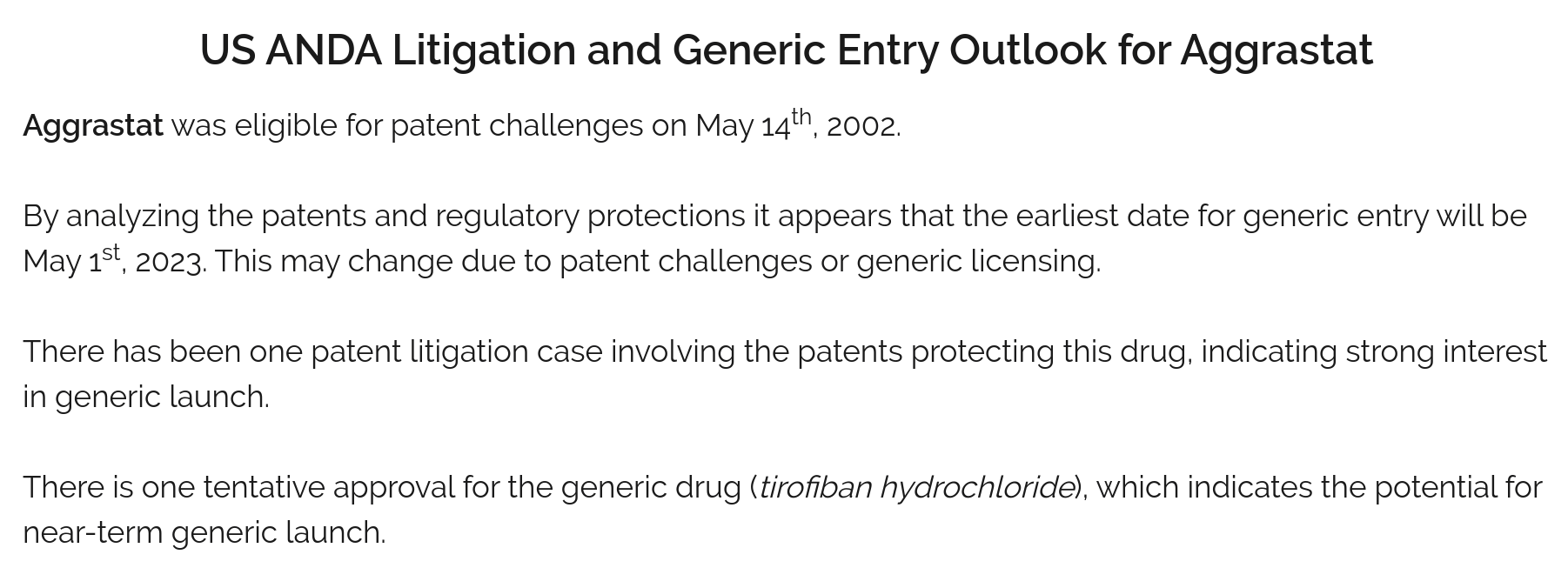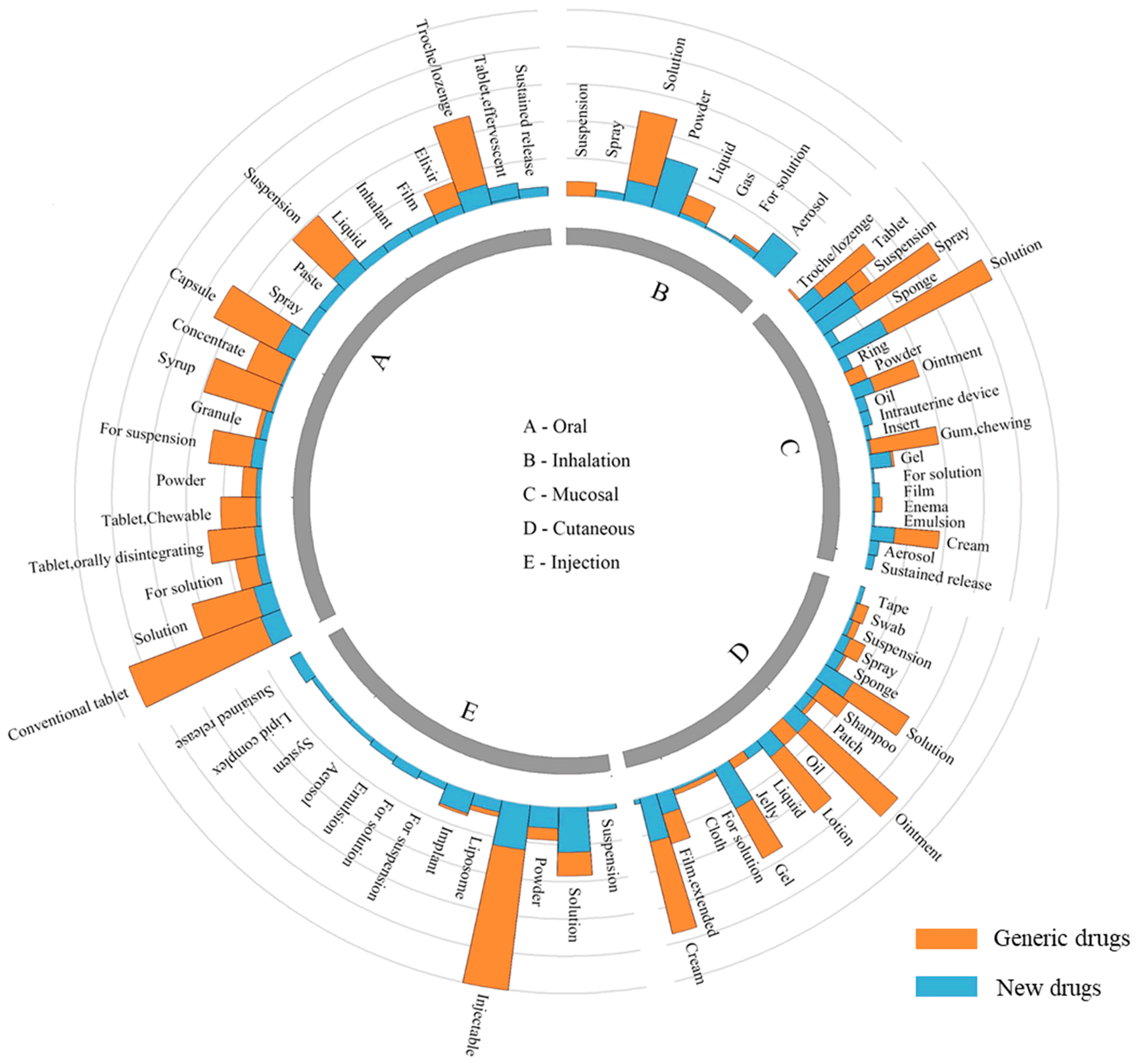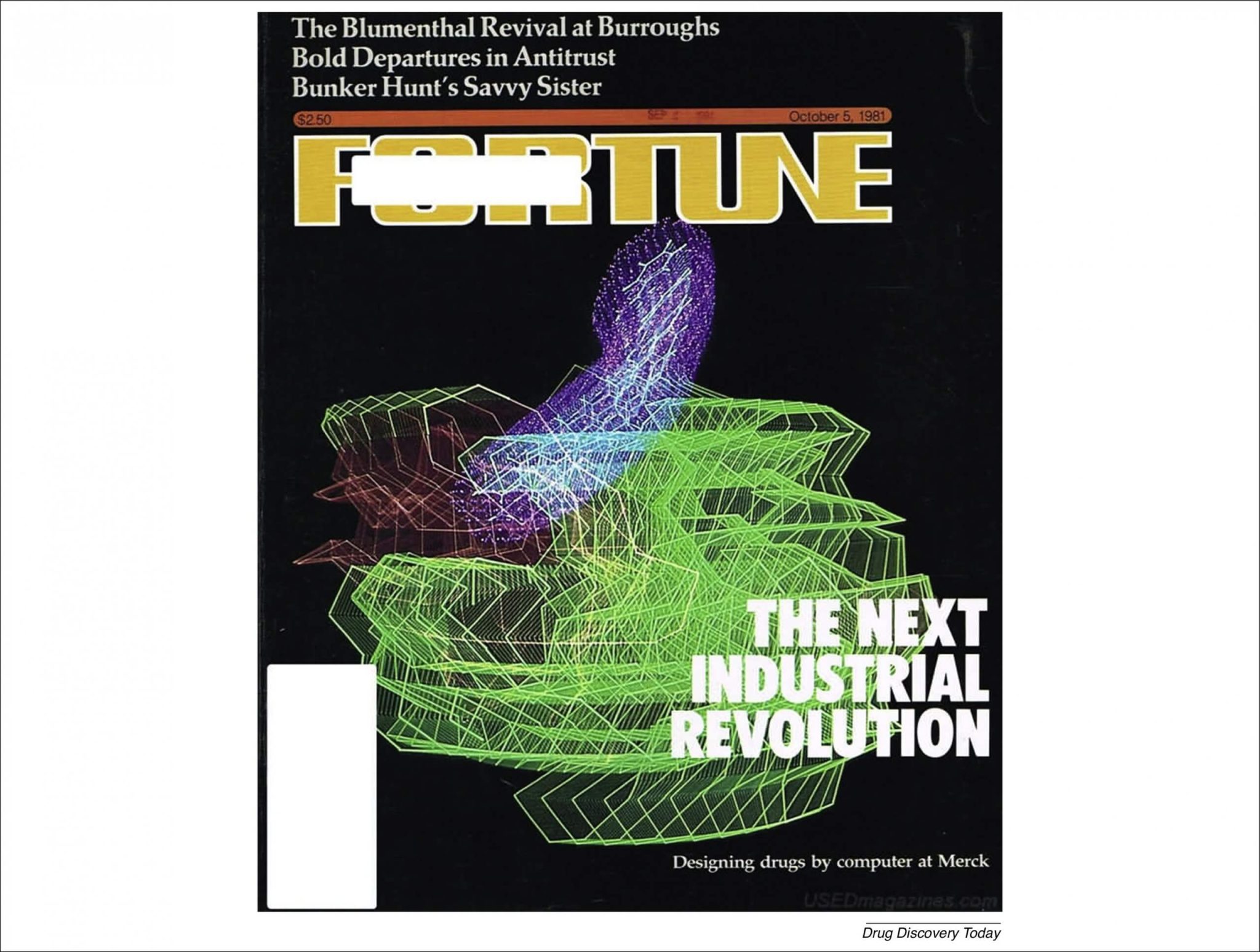Pfizer Inc. v. Alkem Laboratories Limited: A Comprehensive Litigation Summary and Analysis
Case Overview
The case of Pfizer Inc. v. Alkem Laboratories Limited, with the case number 1:24-cv-01427, is a patent litigation filed in the U.S. District Court for the District of Delaware. This litigation revolves around the Abbreviated New Drug Application (ANDA) process, which is governed by the Hatch-Waxman Act.
Nature of the Suit
The nature of the suit is a patent infringement dispute arising from Alkem Laboratories Limited’s submission of an ANDA to the FDA. This submission is a technical act of infringement under the Hatch-Waxman Act, as it seeks to market a generic version of a drug that is still under patent protection held by Pfizer Inc.
Key Parties Involved
- Pfizer Inc.: The plaintiff and the patent holder of the drug in question.
- Alkem Laboratories Limited: The defendant and the generic drug manufacturer that submitted the ANDA.
Judge and Court
The case is presided over by Judge Colm F. Connolly in the U.S. District Court for the District of Delaware[4].
Patent and Drug in Question
While the specific details of the drug and patent numbers are not provided in the available sources, it is common in such cases for the patents to cover the active ingredient, formulation, or method of use of the drug. For instance, in similar cases, patents often involve complex chemical compounds and specific formulations that are crucial to the drug’s efficacy and safety[1].
Litigation Process
ANDA Submission and Infringement Claim
Alkem Laboratories Limited’s submission of the ANDA to the FDA triggers a patent infringement claim by Pfizer Inc. under the Hatch-Waxman Act. This act allows the patent holder to sue the generic manufacturer for infringement based on the ANDA filing.
Bench Trial and Evidence
In cases like this, a bench trial may be held where both parties present their arguments and evidence. The court will consider whether the generic drug infringes the patents-in-suit and whether those patents are valid and enforceable. Expert testimony, including that from practicing physicians and scientists, may be crucial in determining the validity and infringement of the patents[3].
Settlement and License Agreements
Many ANDA litigations result in settlement and license agreements between the parties. These agreements often allow the generic manufacturer to enter the market at a specified date, usually after the expiration of the patent or under a license from the patent holder. For example, in other cases, settlements have included provisions where the generic manufacturer is enjoined from infringing the patent except as provided in the settlement agreement[1].
Potential Outcomes
Infringement and Validity
The court will determine whether Alkem’s ANDA product infringes Pfizer’s patents. If infringement is found, the court may enjoin Alkem from marketing the generic drug until the patents expire or are found invalid. The court will also consider challenges to the validity of the patents, such as obviousness or lack of utility[3].
Settlement and License
Given the common practice in ANDA litigations, a settlement and license agreement is a likely outcome. This would allow Alkem to enter the market under specified terms, potentially including a delayed entry date or royalty payments to Pfizer.
Financial and Strategic Implications
Costs and Fees
Each party typically bears its own costs, attorneys’ fees, and expenses in these settlements. However, the financial implications extend beyond these immediate costs, as the outcome can significantly impact the market share and revenue of both the brand-name and generic drug manufacturers[1].
Market Impact
The resolution of this litigation will have significant market implications. If Alkem is allowed to market the generic drug, it could lead to increased competition and reduced prices, benefiting consumers. Conversely, if Pfizer’s patents are upheld, it could maintain its market exclusivity and pricing power for a longer period.
Key Takeaways
- ANDA Litigation: The submission of an ANDA by a generic manufacturer can trigger patent infringement litigation under the Hatch-Waxman Act.
- Patent Validity and Infringement: The court will determine whether the generic drug infringes the patents-in-suit and whether those patents are valid and enforceable.
- Settlement Agreements: Many cases result in settlement and license agreements that allow the generic manufacturer to enter the market under specified terms.
- Financial and Market Implications: The outcome can significantly impact the financials and market strategies of both the brand-name and generic drug manufacturers.
Frequently Asked Questions (FAQs)
What is the Hatch-Waxman Act, and how does it relate to ANDA litigations?
The Hatch-Waxman Act is a federal law that allows generic drug manufacturers to submit ANDAs to the FDA, which can trigger patent infringement litigation by the brand-name drug patent holders.
What are the common outcomes of ANDA litigations?
Common outcomes include settlement and license agreements, where the generic manufacturer is allowed to enter the market at a specified date or under a license, and court decisions that either uphold or invalidate the patents-in-suit.
How do settlement agreements in ANDA litigations typically work?
Settlement agreements often allow the generic manufacturer to enter the market after the expiration of the patent or under a license from the patent holder, with provisions for delayed entry dates or royalty payments.
What are the financial implications of ANDA litigations for pharmaceutical companies?
The financial implications include costs and fees associated with litigation, potential loss of market exclusivity for brand-name drugs, and the impact on revenue and market share.
How do ANDA litigations affect consumers?
ANDA litigations can affect consumers by influencing the availability and pricing of generic drugs. If generic drugs are allowed to enter the market, it can lead to increased competition and lower prices, benefiting consumers.
Sources:
- Robins Kaplan LLP – ANDA Litigation Settlements | Hatch-Waxman
- Analysis Group – John Jarosz CV
- CAFC – GRUNENTHAL GMBH v. ALKEM LABORATORIES LIMITED
- Law360 – Pfizer Inc. et al v. Alkem Laboratories Limited – Law360
- Casetext – Pfizer Inc. v. Alkem Labs. Ltd.

